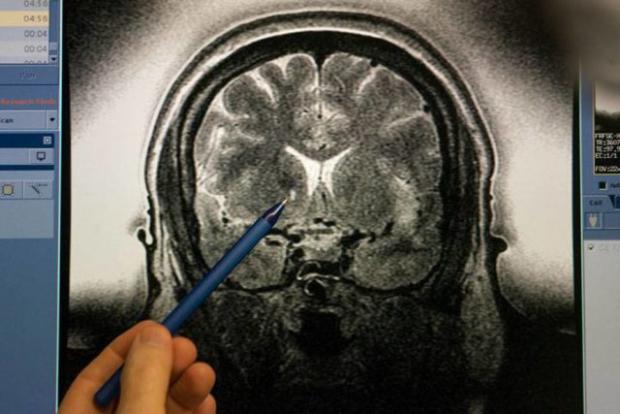
Breaking News
 Windows 11 QEMU/KVM Installation Guide in Linux Including TPM and Secure Boot
Windows 11 QEMU/KVM Installation Guide in Linux Including TPM and Secure Boot
 Silver: US Mint-Delays and Costco Limits Surface
Silver: US Mint-Delays and Costco Limits Surface
 Boots on the Ground...The news is getting worse so keep prepping.
Boots on the Ground...The news is getting worse so keep prepping.
 O'Keefe Media Group: Secret Service Agent Assigned to Vance Leaks Sensitive Information
O'Keefe Media Group: Secret Service Agent Assigned to Vance Leaks Sensitive Information
Top Tech News
 Superheat Unveils the H1: A Revolutionary Bitcoin-Mining Water Heater at CES 2026
Superheat Unveils the H1: A Revolutionary Bitcoin-Mining Water Heater at CES 2026
 World's most powerful hypergravity machine is 1,900X stronger than Earth
World's most powerful hypergravity machine is 1,900X stronger than Earth
 New battery idea gets lots of power out of unusual sulfur chemistry
New battery idea gets lots of power out of unusual sulfur chemistry
 Anti-Aging Drug Regrows Knee Cartilage in Major Breakthrough That Could End Knee Replacements
Anti-Aging Drug Regrows Knee Cartilage in Major Breakthrough That Could End Knee Replacements
 Scientists say recent advances in Quantum Entanglement...
Scientists say recent advances in Quantum Entanglement...
 Solid-State Batteries Are In 'Trailblazer' Mode. What's Holding Them Up?
Solid-State Batteries Are In 'Trailblazer' Mode. What's Holding Them Up?
 US Farmers Began Using Chemical Fertilizer After WW2. Comfrey Is a Natural Super Fertilizer
US Farmers Began Using Chemical Fertilizer After WW2. Comfrey Is a Natural Super Fertilizer
 Kawasaki's four-legged robot-horse vehicle is going into production
Kawasaki's four-legged robot-horse vehicle is going into production
 The First Production All-Solid-State Battery Is Here, And It Promises 5-Minute Charging
The First Production All-Solid-State Battery Is Here, And It Promises 5-Minute Charging
A New Ultrasound Therapy Aims To Help People With "Treatment-Resistant" Depression

New treatment involving ultrasound technology shows promising results for those struggling from treatment resistant depression.
Over the past 7 years, Sky Zazlov has been fighting treatment resistant depression, meaning none of the medication or wide variety of other treatment methods or interventions have been able to lift the black cloud looming over her head every day of her life.
The medications themselves present a big problem. A fairly recent example of this kind of corruption comes from a study that was published in the British Medical Journal by researchers at the Nordic Cochrane Center in Copenhagen. The study showed that pharmaceutical companies were not disclosing all information regarding the results of their drug trials. You can find the link to that study and read more about it here.
Zazlov said in an interview with CTV News, "It affects hygiene, sleep, diet, emotions," Zazlov, 40, said of the severe treatment-resistant depression she developed in 2011.
"It affects everything, how I interact with my family, whether I'm able to keep friendships, whether or not I can get out of bed and wash my hair and brush my teeth," said the mother of a 12-year-old boy, who is no longer able to work as a 911 dispatcher in Toronto.
"You feel numb sometimes and empty a lot of the time. There's not a lot of interest in doing anything or seeing anybody or talking to anyone."
The previous sentiments are hallmarks of those suffering from major depression. This illness affects about one-quarter of the Canadian population. Around 14 percent of people will suffer from recurrent bouts of severe depression and among those about 1 in 10 will not respond to at least three of the standard anti-depressant medication and treatment and thus, are deemed to be treatment resistant.
"Nothing has worked well, nothing has even worked OK up to this point."

 Storage doesn't get much cheaper than this
Storage doesn't get much cheaper than this

